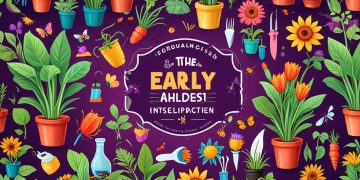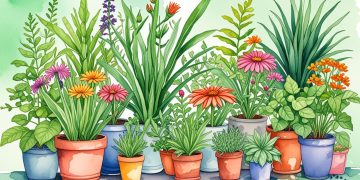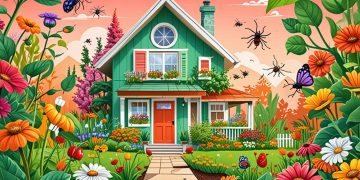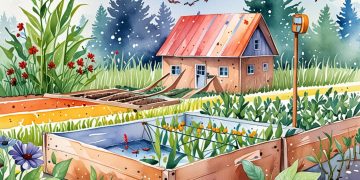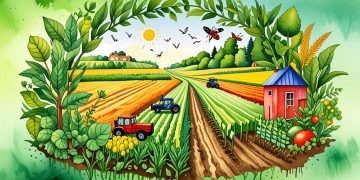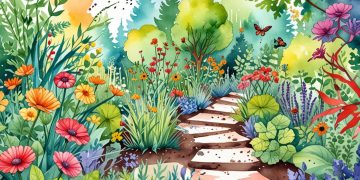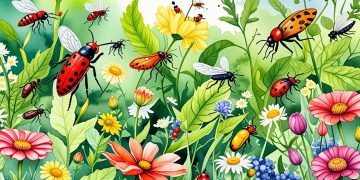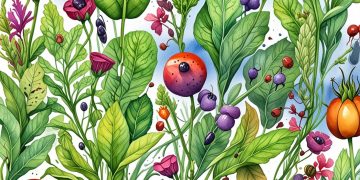Early pest identification is essential for gardening beginners, as it enables timely intervention, protects plant health, and promotes sustainable practices. By recognizing pest activity early, novice gardeners can prevent infestations, reduce chemical use, and foster a thriving ecosystem, enhancing their overall gardening experience.
